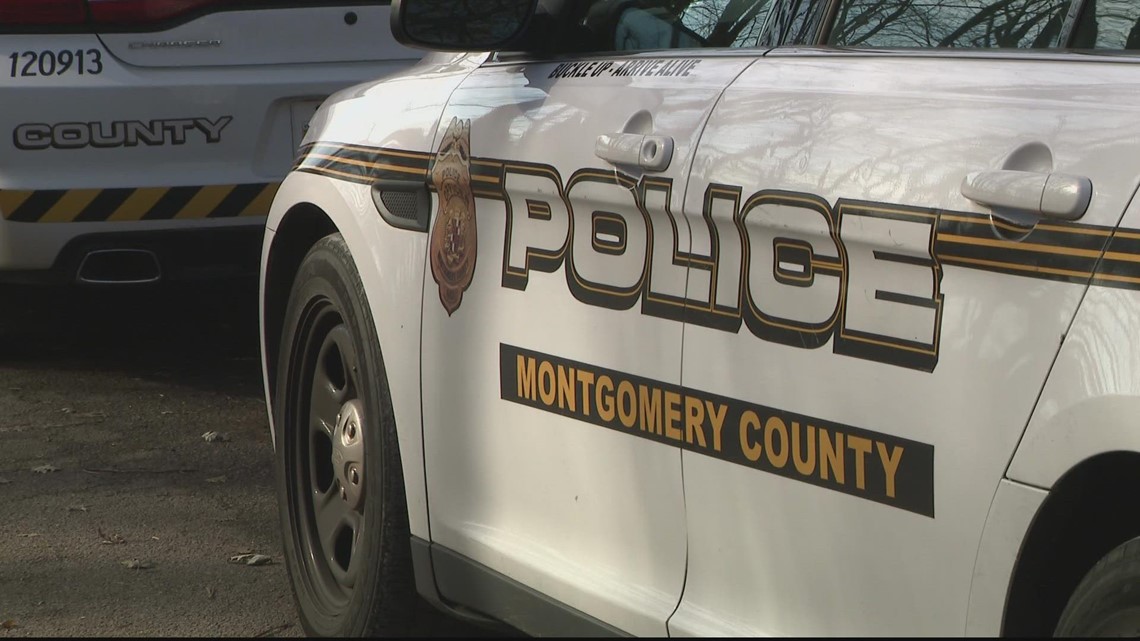The Clean Energy Advantage program helps make your home more efficient. Here's a closer look.
WASHINGTON — As the weather heats up a lot of homeowners look for ways to improve energy efficiency in their homes and to save on electric bills. Now, a new loan program in Maryland and the District can help you cut energy costs as we head into the summer months.
The Clean Energy Advantage Program is a pilot program in the state of Maryland and Washington, D.C. In Maryland, it’s part of the larger Empower program, which aims to lower carbon emissions in the state by increasing home energy efficiency.
Sabrina Bachman, the communications director of the Maryland Clean Energy Center, says her organization helps connect local homeowners to contractors who work with the Clean Energy Advantage Program.
"The idea was to actually help the utilities and contractors achieve goals for energy efficiency in homes," Bachman said. "So, the program itself is a loan program that is set with 0% interest for the first 12 months, as well as fixed terms thereafter, so that homeowners can take advantage of the rebates and incentives that are out there."
Atlas Energy is one of those contractors in Maryland. Matt Sera, president of Atlas Home Energy, tells us this program is ideal for the typical homeowner in our area.
"This loan program helps bridge the gap for them so they can get the energy improvements," Sera said. "Without having the upfront cash to pay for it right then."
For D.C. residents, the loan terms and rebates are slightly different. Still, there is room for savings on a variety of work that qualifies for the loan program and rebates from your energy providers.
The Clean Energy Advantage loans are designed to be paired up with rebates from local utilities to maximize your savings. The savings can go a long way, with many saving hundreds per year on their energy bills.
If you live in Maryland or Washington, DC, go to the Clean Energy Advantage website to see what qualifies and how you can take advantage of the loan and rebate programs.
An analysis just released this morning by the Virginia Climate Center at George Mason University is shedding a very positive light on the benefits of VCEA.
.png)









 English (US) ·
English (US) ·